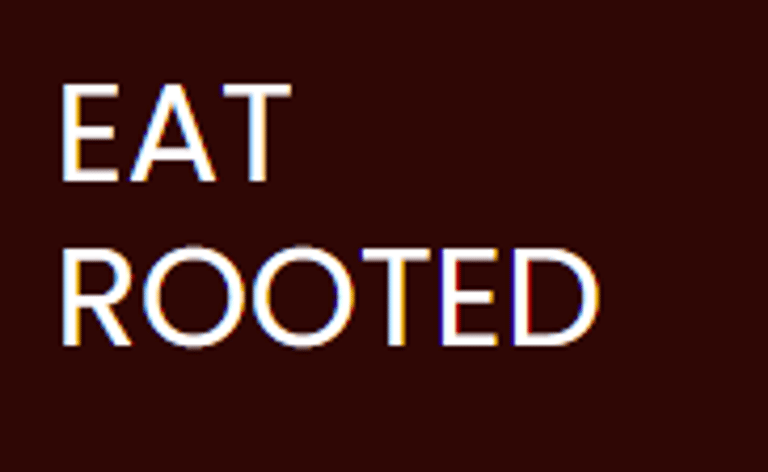On St. Patrick’s Day
The erasure of colonial violence & solidarity with other struggles
CULINARY HISTORYCOOKING
3/16/20253 min read
St. Patrick’s Day is tomorrow. On a surface level, this is a day to remember who we are and where we came from. Most people leave it at that - it’s a day to feast on our cultural foods and party hard. St. Patrick’s Day can be those things, but it is also a day of mourning. This day represents colonialism and violent, forced conversions from paganism to Christianity.
The Celtic pagan religion was based on oral histories - they live on in folklore, but we don’t have written records to refer back to. We will never know how much has been lost. This is a tragedy because it’s not only about beliefs and faith. Different religions have evolved in different regions because they serve purposes. The myths, legends, and stories aren’t simply culture - they carry warnings and lessons that are relevant to the particular place in which they originate. They give their followers a framework and context for how to live in that particular place. A religion tells the history, values, and culture of a people. Forcing people to abandon their beliefs and practices in favor of a non-indigenous religion was and always will be violent.
That violence was not an isolated event. In the 1800s, Irish children in British-run schools were beaten for speaking Irish - one strike for each time they spoke their own language. The Irish language was literally beaten out of them. Like taking away a religion, taking away a language is a tragedy. Languages don’t have 1:1 conversions - there are always words that are not perfect translations, and grammar rules that convey cultural attitudes that impact how a group perceives and interacts with the world. Losing a language is never just about the language - there’s a tremendous amount of culture that gets lost with it.
Sinead O’Connor once famously said, “ok, I want to talk about Ireland. Specifically, I want to talk about the famine. About the fact that there never really was one.”
I remember learning about the Irish potato famine in school. All I learned was that there was a fungus that wiped out the potato crop, and the Irish relied on that crop, and therefore many starved. Even growing up Irish American, I was not told the truth - that they were intentionally starved.
First of all, potatoes are indigenous to the Americas, not Ireland. Before and during the famine, the Irish were under violent British colonial rule. They grew a variety of other foods like oats and vegetables, but as a colony, the fertile land and everything grown on it was considered the property of British landlords, to be taken and exported to England. The Irish turned to potatoes, a non-native food, because they could grow a lot of them to support their families in the small plots that they were allowed. A small plot could produce a lot more potatoes than grain.
Ireland is not known for its cuisine, and we can see that legacy in our family cookbook. There's a recipe from our great grandmother called “boiled dinner” and it’s exactly what it sounds like - boiled vegetables and ham, with nothing else. Irish food can sometimes be seen as the butt of a joke, but the existence of recipes like this is rooted in deep sadness and violence. My grandmother tells me that Irish Americans ate like that because before they emigrated, a lot of the food they had access to was spoiled. Boiling the hell out of it was an attempt to make it safe.
Although the potatoes suffered a fungal blight, other crops did not. Only the poor starved, because only the poor relied on potatoes. It was a political choice that England took their good food and left the Irish people to starve - it was not inevitable. The grain and other foods continued to be exported to Britain while the rotting potatoes were left for the Irish. As a result, nearly one million Irish people died of starvation. Another one million had no choice but to emigrate. This was colonial violence.
During this time, the Choctaw Nation sent $170 to Ireland to help with famine relief efforts (worth thousands of dollars in today’s money). The Choctaw were suffering under violent colonial rule themselves, and had just arrived off the trail of tears in Oklahoma after being forcibly removed from their homelands in the southeastern woodlands. This act of solidarity was never forgotten. In 2018, Ireland set up continuing annual scholarships for Choctaw students to study in Ireland. In 2020, the death toll from COVID-19 was particularly high in Native American communities, and Ireland & individual Irish people donated millions of dollars to help. This solidarity and experience of colonial violence helps explain why Ireland is so supportive of Palestine. None of us are free until we are all free.
This St. Patrick’s Day, I will eat Irish food with my family, and celebrate that our ancestors survived so that we could live. But I will also remember the violence and tragedy that this day represents.

JOIN THE EMAIL LIST
EAT
ROOTED
© 2023 - 2025
@eat_rooted
@eatrooted
